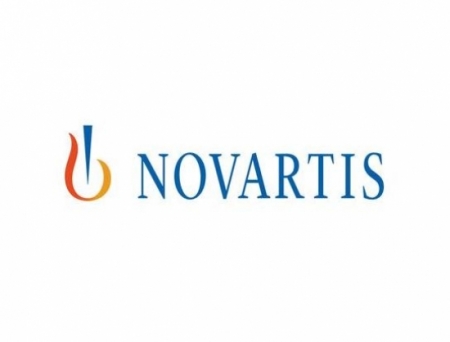Lutathera Breakthrough: 72 Percent Reduction in Gastroenteropancreatic Neuroendocrine Tumor Progression

Novartis has unveiled groundbreaking data from the Phase III NETTER-2 trial, revealing that Lutathera® plus long-acting release (LAR) octreotide has demonstrated a remarkable 72 percent reduction in the risk of disease progression or death as first-line therapy for patients with somatostatin receptor-positive (SSTR+) well-differentiated grade 2/3 advanced gastroenteropancreatic neuroendocrine tumors (GEP-NETs) compared to high-dose octreotide LAR alone. These findings were presented at the prestigious 2024 American Society of Clinical Oncology (ASCO) Gastrointestinal (GI) Cancers Symposium.
Dr. Simron Singh, Associate Professor of Medicine at the University of Toronto, emphasized the practice-changing impact of these results, stating, "These positive results for Lutathera are practice-changing and offer new first-line treatment data for patients who have a significant unmet need."
The trial's efficacy endpoints further underscore the superiority of Lutathera, with a progression-free survival hazard ratio of 0.28 and a median progression-free survival of 22.8 months, significantly outperforming high-dose octreotide LAR.
Novartis Global Head of Oncology Development, Jeff Legos, hailed the trial as a milestone, noting, "This is the first positive Phase III trial of a radioligand therapy in the first-line setting, and the overall efficacy and safety results are amongst the most clinically relevant observed to date in this kind of advanced cancer." Legos stressed the significance of addressing the unmet needs of patients with newly diagnosed advanced GEP-NETs and reaffirmed Novartis' commitment to advancing radioligand therapies.
The study reported no new or unexpected safety findings, aligning with the well-established safety profile of Lutathera. Notably, the most common adverse events for the Lutathera arm included nausea, diarrhea, and abdominal pain, with lymphocyte count decrease as the most common grade ≥3 adverse event.
As the NETTER-2 trial continues, Novartis remains focused on evaluating secondary endpoints, including overall survival and long-term safety. The results mark a pivotal moment in the landscape of treating advanced GEP-NETs, offering hope for improved outcomes and further advancements in cancer care.
Last news about this category
We use our own and third party cookies to produce statistical information and show you personalized advertising by analyzing your browsing, according to our COOKIES POLICY. If you continue visiting our Site, you accept its use.
More information: Privacy Policy

















